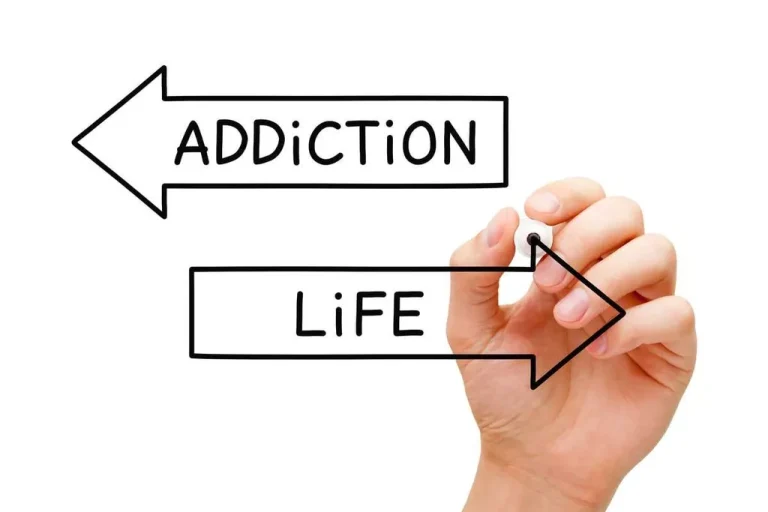The Addiction Cycle: What are the 5 Stages of Addiction?

This is believed to occur due to changes in the central nervous system on a molecular and cellular level that affects emotions and behaviors long after the physical symptoms of alcohol withdrawal have ended. People who use other illegal drugs in addition to alcohol typically experience more severe withdrawal symptoms. The detoxification process in such individuals can be complicated, requiring specialized medical care.

24 Hours: Physical and Mental Changes
Because your situation is unique, you may find that each stage is longer or shorter than average. It can take your liver one week or longer to completely detox from alcohol after your last drink. The brain, which has been significantly impacted by any amount of alcohol or alcohol abuse, plays a central role in this journey. Additionally, many individuals notice weight loss at this stage, which can have a significant impact on physical well-being. Reducing body fat may contribute to increased energy levels and an improved sense of self.

Harm Reduction in Addiction Recovery

This clarity supports individuals in making informed decisions that align with their recovery goals. One of the pivotal treatments in early sobriety is the medically supervised detoxification process. Given the risk of acute withdrawal, it is essential to seek professional medical advice when cutting back on alcohol consumption. Symptoms during this period can range from mild to life-threatening, so a controlled medical environment is crucial for safety. Once detox is complete, people can begin work on the psychological, social and behavioral problems that accompany an alcohol addiction. Alcohol medical detox is a crucial process supervised by professionals to manage severe withdrawal symptoms and ensure individual safety during alcohol addiction recovery.
- People who are heavy alcohol users and quit cold turkey (stop drinking abruptly) can develop a severe life-threatening form of alcohol withdrawal syndrome called delirium tremens or DTs.
- It’s a time when individuals must navigate through a complex and often uncomfortable transition as their bodies and minds adjust to functioning without alcohol.
- By this point, all the hangover side effects should be gone, and you will start feeling like yourself again.
- If 1 in 10 people have alcohol use disorder, chances are you know at least one person struggling with a dependency on alcohol.
Lifestyle Quizzes

Journaling to release stressors or trying guided meditation are great places to start. In the Preparation stage, a person knows they need to make an urgent change to their behavior, and they are ready to take action. During this stage, people typically start researching treatment options, seeking support, or setting goals for themselves. On its own, quitting drinking isn’t enough to spur continued sobriety; alcohol recovery typically occurs in stages. Understanding these stages stages of alcoholic recovery helps you know what to expect if you or a loved one are ready to stop drinking. This condition affects a greater number of people than one might realize.

During the recovery stage, it’s not uncommon to feel temporarily worse. For some people, AUD has hurt their relationships, careers, health, finances, self-esteem, and other aspects of their lives. The National Institute on Alcohol Abuse and Alcoholism has additional resources available to those specifically concerned about drinking. They provide clear information about alcohol use disorder (AUD) and tools to assess your drinking habits.
Although they are still drinking, they’ve likely begun telling friends and family members about their plan to change their behavior — but they may still feel some ambivalence about their choice. Moving through alcohol withdrawal involves physical symptoms like tremors, sweating, and nausea, as well as emotional challenges like anxiety and mood swings. Building a strong support system is crucial for individuals in recovery. Having a network of supportive family members, friends, and peers who understand and respect the journey can provide invaluable encouragement and assistance. A support system can help individuals stay accountable, provide guidance during difficult times, and celebrate milestones and achievements.
The Importance of Alcohol Recovery
This progression represents the never-ending improvements that come with a successful recovery process. In this article, we’ll explore the various stages of the Jellinek Curve. Whether you’re seeking to identify your current stage or gain a deeper understanding of the recovery process, this will clarify the complexities of addiction. One focus of this stage of rehab is obviously to maintain abstinence by avoiding a relapse. You will learn the warning signs and the steps that can lead up to a relapse.

